Here are the five best RTX 50 Series Blackwell GPUs to buy in 2025, from reputable brands such as ASUS, MSI, and Gigabyte, among others.
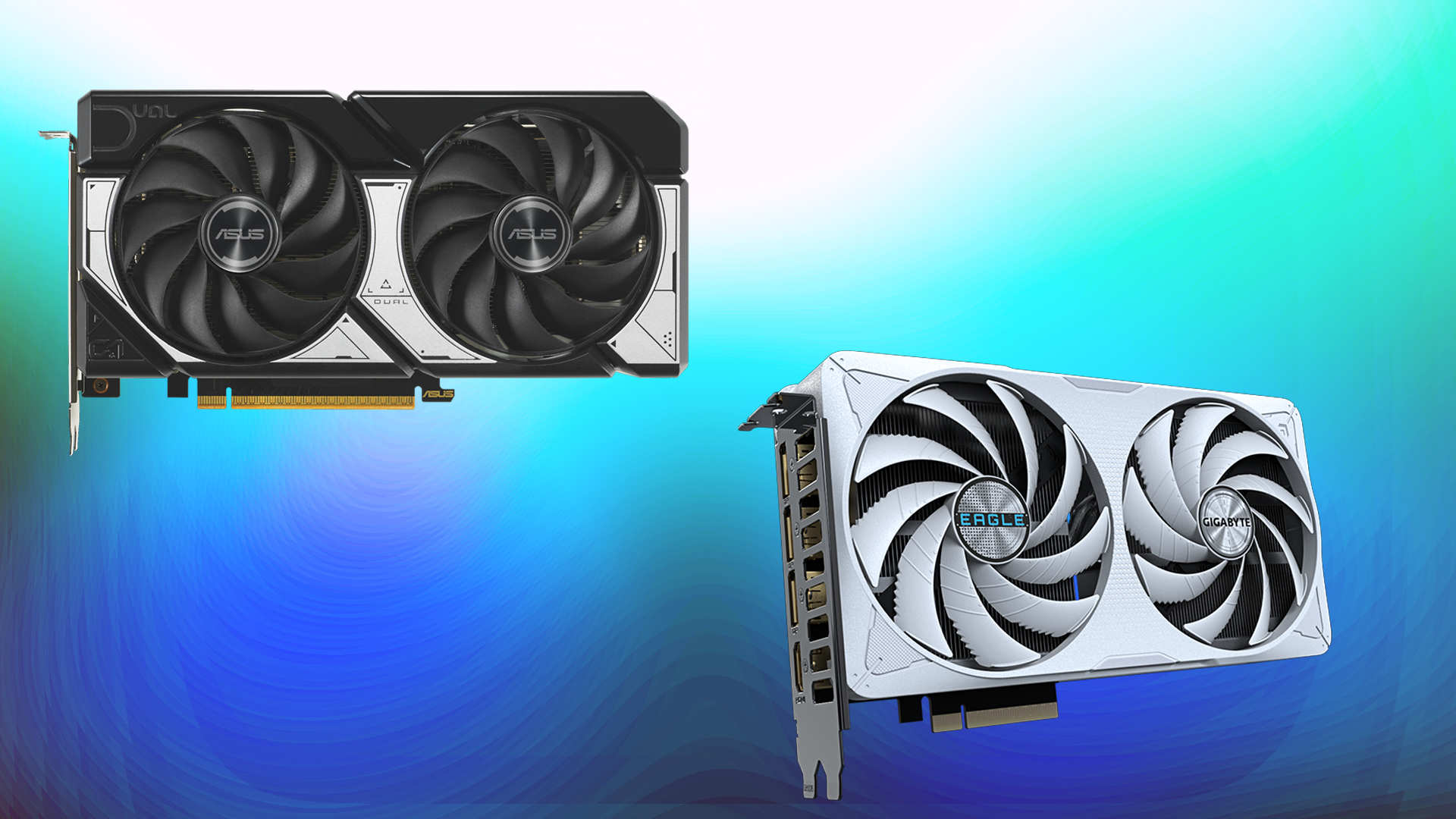
Nvidia’s Blackwell launch hasn’t been the company’s strongest selling point, as, apart from the RTX 5090, everything else appears to be a disappointment. However, that is essentially the illusion that Nvidia wants everyone to fall for. The 5090 is undoubtedly the best GPU you can buy right now, but most gamers tend to stick with mid-range options and only opt for products that are compelling at the high end.
Below are a few AIB model suggestions, alongside GPUs that you can buy. They will be reliable, readily available at any retailer, and will perform marginally better than entry-level models.
Note: The pricing data provided is for informational purposes only. MSRP does not necessarily reflect retail pricing. If you want to buy something now and are sold on its price, purchase it before a scalper does. Additionally, never buy a GPU based solely on DLSS and other tech features. Always consider VRAM and raw power (raster and RT) as the primary factors.
1. RTX 5060
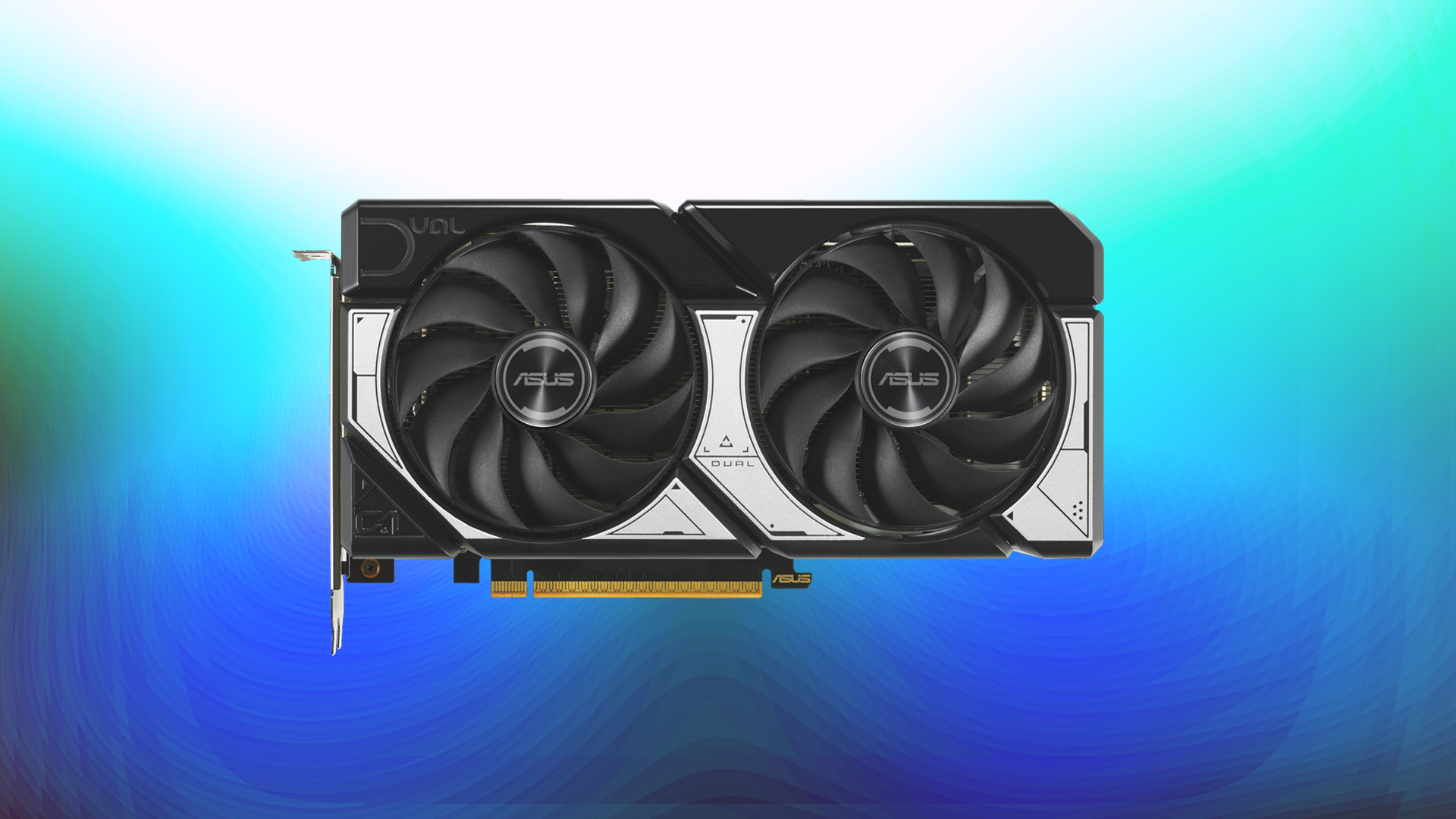
If you’re looking to play esports games exclusively and occasionally try out AAA games, the RTX 5060 with its 8GB of VRAM is a great fit. For starters, you will be running esports titles, which the 5060 will handle very efficiently at 1080p or even 1440p. However, when it comes to AAA titles, that’s where the problems begin. You can play, but of course, the experience won’t be that great. The GPU isn’t the culprit here; the 5060 is essentially an RTX 3070 from the past, but it shares the same caveat: 8GB of VRAM.
Specifications
- Price: ~$299 MSRP (real-world $320-350)
- CUDA Cores: 3,840
- Memory: 8GB GDDR7 (128-bit bus)
- Bandwidth: 448 GB/s
- Power: 145W TDP
- Recommended AIB model: ASUS Dual RTX 5060 OC (compact 2-fan design, 2.56 GHz boost, fits small cases)
2. RTX 5060 Ti 16GB
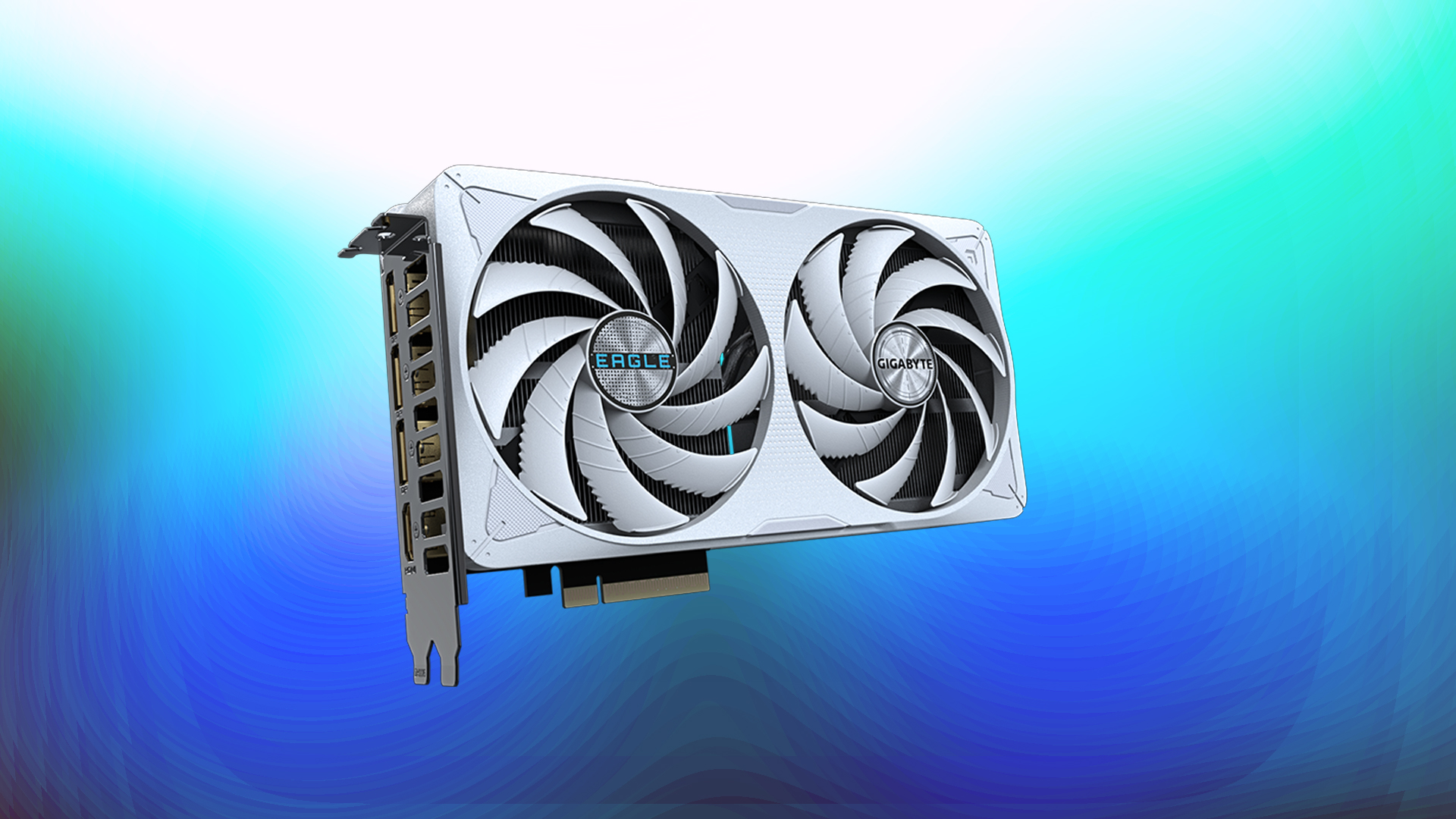
If you are looking for the best possible Nvidia GPU right now, the RTX 5060 Ti is the one to go for. It’s the best product you can think of for playing almost all AAA games without the fear of stuttering or running out of VRAM. While you won’t get super high frame rates like the RTX 5080, at the price point of under $500 for most AIBs, it’s not that bad. In terms of performance, it’s approximately 4–5% faster than the 3070 Ti from 2020.
Specifications
- Price: ~$429 MSRP (real-world $480-520)
- CUDA Cores: 4,608
- Memory: 16GB GDDR7 (128-bit bus)
- Bandwidth: 448 GB/s
- Power: 180W TDP
- Recommended AIB model: Gigabyte RTX 5060 Ti Eagle OC Ice 16GB (white aesthetic, efficient cooling under 70°C, PCIe 5.0 support)
3. RTX 5070
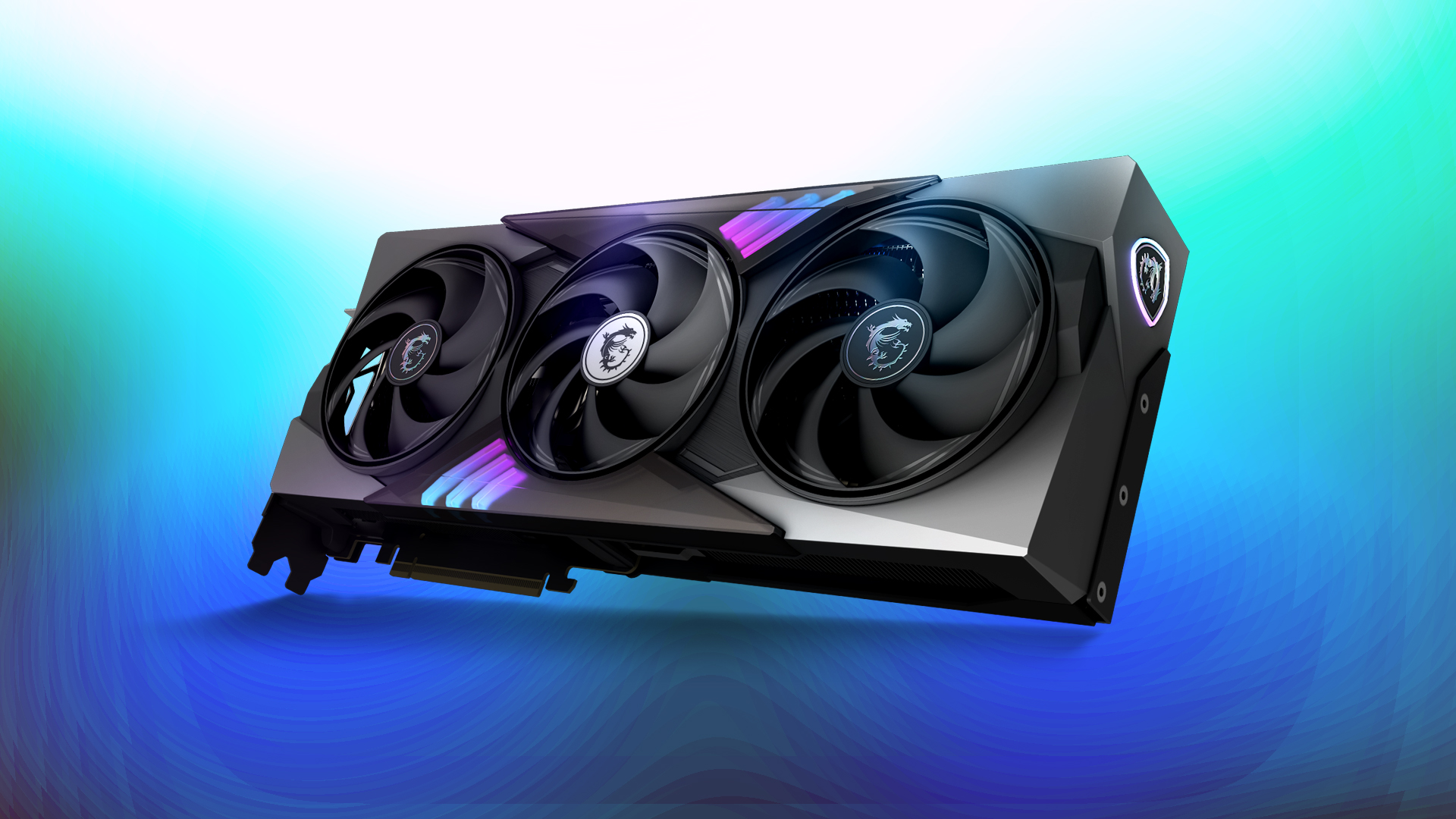
The RTX 5060 Ti renders the RTX 5070 obsolete, as the less expensive GPU costs less and has more VRAM. You should only consider this card if you are not satisfied with the raw performance figures of the 5060 Ti and are willing to settle for 12GB of VRAM. No matter how fast a GPU is, if you’re limited by VRAM, then it’s obsolete.
Specifications
- Price: ~$549 MSRP (real-world $580-650)
- CUDA Cores: 6,144
- Memory: 12GB GDDR7 (192-bit bus)
- Bandwidth: 672 GB/s
- Power: 250W TDP
- Recommended AIB model: MSI RTX 5070 Gaming Trio OC (tri-fan cooler, dual-BIOS for quiet/performance modes)
4. RTX 5070 Ti
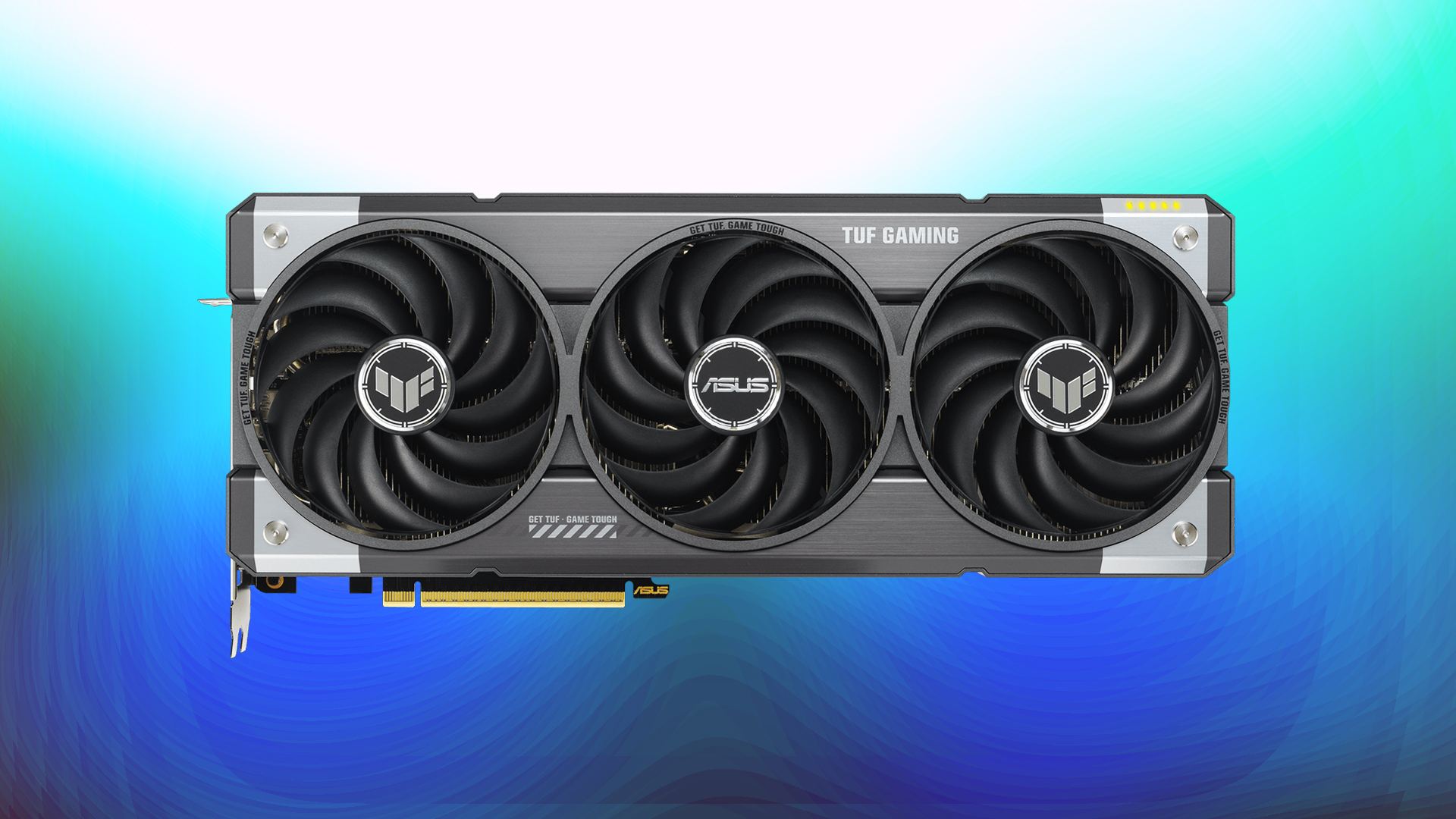
If you need a GPU with 16GB of VRAM and want a significant performance boost over the 5060 Ti, the 5070 Ti is the way to go. Unfortunately, you’ll need to pay a substantial premium to achieve higher performance. That said, the 5070 Ti replaces the RTX 4080 Super, but it isn’t always as fast. As for MSRP models, if you can find one, it’s a decent deal.
Specifications
- Price: ~$749 MSRP (real-world $800-900)
- CUDA Cores: 8,960
- Memory: 16GB GDDR7 (256-bit bus)
- Bandwidth: 1,024 GB/s
- Power: 300W TDP
- Recommended AIB model: ASUS TUF Gaming RTX 5070 Ti OC (aluminum build, dual-BIOS and excellent VRM cooling)
5. RTX 5080
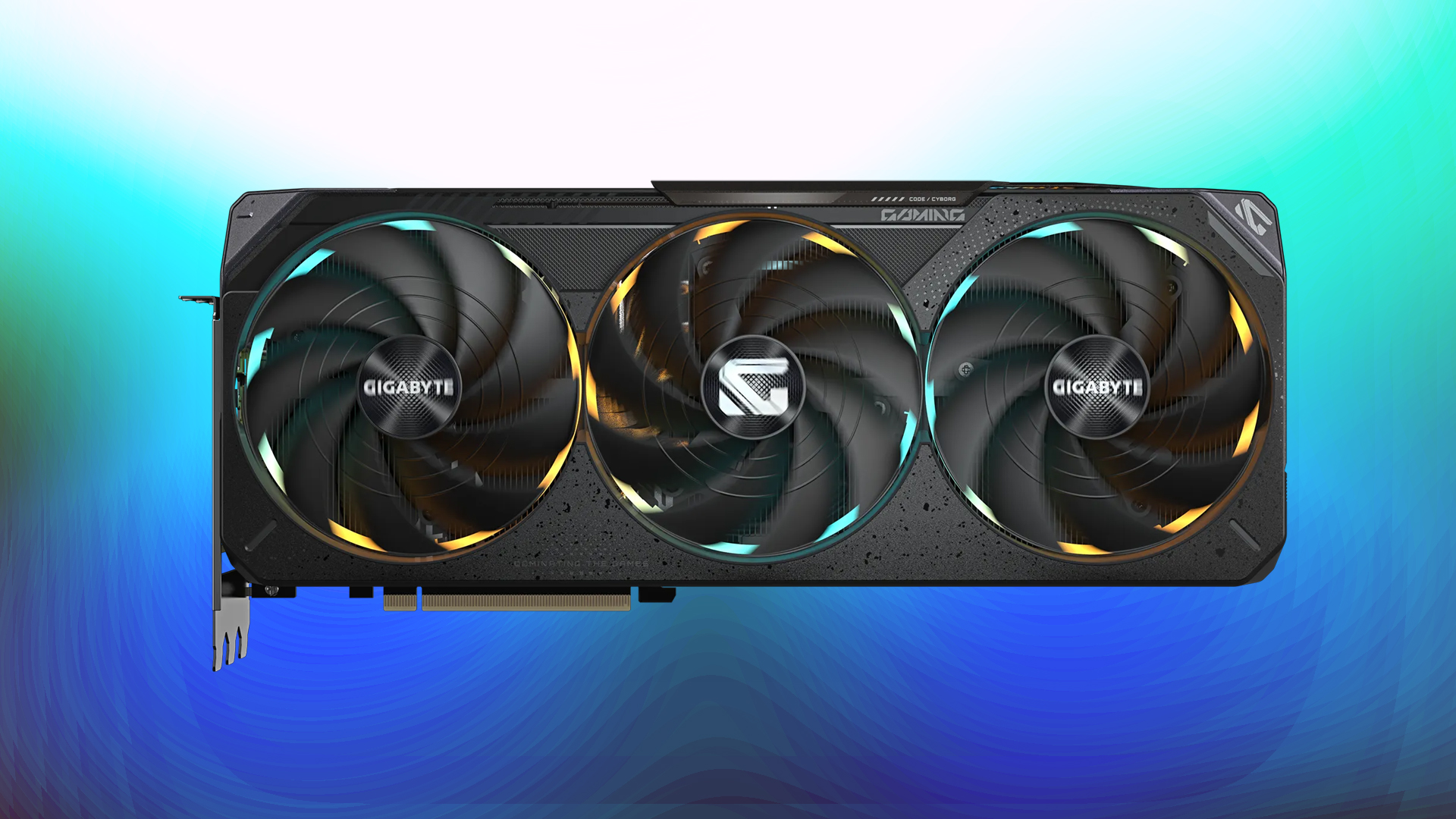
The RTX 5080 is the fastest, most obtainable, and most practical gaming GPU you can buy right now. For starters, the 5080 has the capability to reach a 4090’s level of performance with tuning (overclocking or undervolting). While this kind of use case may go against your plug-and-play nature, the option is there.
The only catch is the $1,000+ price and 16GB of VRAM in 2025. If you are still not satisfied with the 5080’s performance, then you probably need to pay an additional $1,000 or even $2,000 more to obtain one. Yes, that’s the real-world pricing of a 5090.
Specifications
- Price: ~$999 MSRP (real-world $1,050-1,150)
- CUDA Cores: 10,752
- Memory: 16GB GDDR7 (256-bit bus)
- Bandwidth: 960 GB/s
- Power: 360W TDP
- Recommended AIB model: Gigabyte RTX 5080 Gaming OC (triple-fan Windforce cooler and adjustable 400W limit)
Verdict
All of the GPUs mentioned here are disappointing in terms of how much they offer over the Ada Lovelace series, i.e., the RTX 40 Series. That said, the 40 Series has been decommissioned, and it’s pretty rare to find new stock of these. However, if you can find a 40 Series card for a reasonable price, used or refurbished, it’s best to stick with the 40 Series.
We provide the latest news and “How To’s” for Tech content. Meanwhile, you can check out the following articles related to PC GPUs, CPU and GPU comparisons, mobile phones, and more:
- 5 Best Air Coolers for CPUs in 2025
- ASUS TUF Gaming F16 Release Date, Specifications, Price, and More
- iPhone 16e vs iPhone SE (3rd Gen): Which One To Buy in 2025?
- Powerbeats Pro 2 vs AirPods Pro 2: Which One To Get in 2025
- RTX 5070 Ti vs. RTX 4070 Super: Specs, Price and More Compared
- Windows 11: How To Disable Lock Screen Widgets
 Reddit
Reddit
 Email
Email


